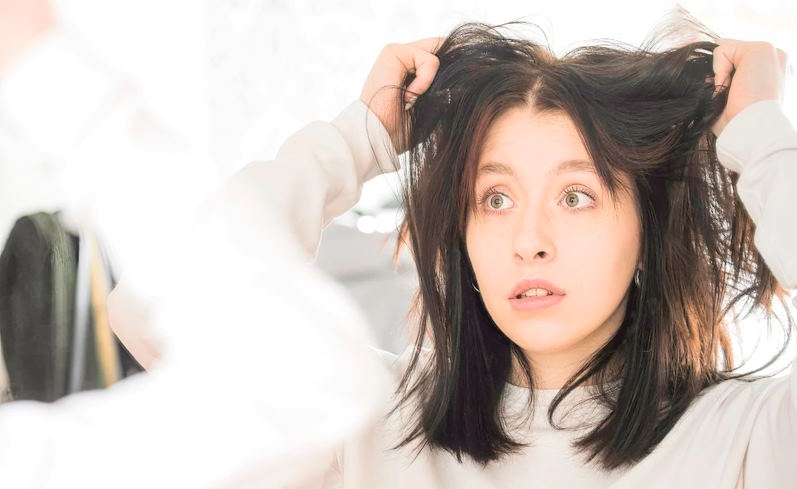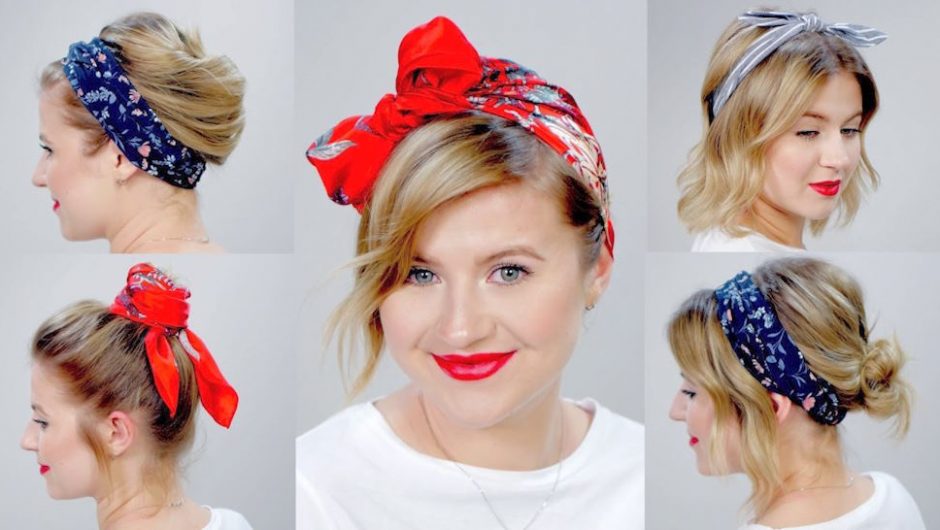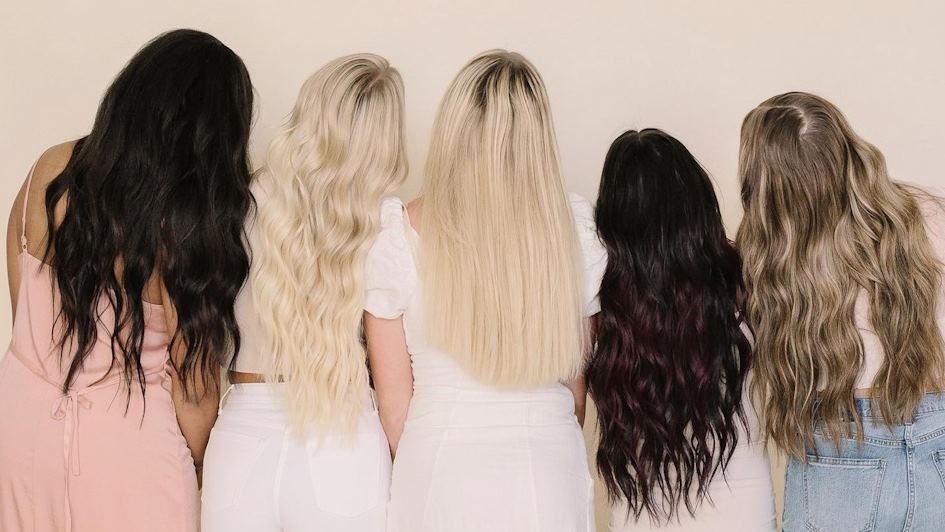Greasy hair is a universal woe that has plagued the best of us at one time or another. It’s that frustrating moment when your locks, once shiny and fresh, transform into a slick mess just hours after a thorough wash. Whether it’s due to genetics, hormonal fluctuations, or environmental factors, greasy hair can be a source of embarrassment and discomfort. The good news is that you don’t have to endure this inconvenience in silence.
Quick Fixes for Greasy Hair
Dealing with greasy hair can be a daily battle, but fear not; there are several quick and effective fixes to rescue your locks from the clutches of excess oil. These solutions are perfect for those times when you need to look your best on the fly. Let’s dive into the world of quick fixes for greasy hair.
Dry Shampoo:
Dry shampoo is a game-changer when it comes to combating greasy hair. It works by absorbing excess oil, leaving your hair looking refreshed and voluminous. To use it effectively, start by shaking the can well. Hold it about 6 inches away from your roots and spray evenly. Afterward, wait for a minute or two to let it work its magic. Gently massage your scalp to distribute the product, and then brush or comb through your hair to remove any residue. Voila! Your hair is now revitalized and ready to go.
If you’re wondering which dry shampoo to choose, popular options like Batiste, Living Proof, and Klorane are highly recommended for their effectiveness in absorbing oil and adding a clean scent to your hair.

Cornstarch or Baby Powder:
For a budget-friendly alternative to dry shampoo, consider cornstarch or baby powder. These kitchen staples can be used similarly to dry shampoo. Just sprinkle a small amount onto your roots, wait for it to absorb the oil, and then brush or comb through your hair. It’s a simple and cost-effective solution to keep your hair looking fresh.
Tying Hair Up Stylishly:
Another quick fix for greasy hair is to get creative with your hairstyles. Tying your hair up in stylish ways, such as high ponytails, messy buns, or braids, can conceal the oiliness and add a touch of elegance to your look. Use accessories like hairpins or scarves to enhance your hairstyle further.
Avoid Excessive Touching:
Lastly, one of the easiest ways to combat greasiness is to avoid touching your hair excessively. The natural oils on your hands can transfer to your hair, exacerbating the issue. So, keep your hands off your hair as much as possible, and let the quick fixes mentioned above do their job.
Long-Term Strategies for Managing Greasy Hair
While quick fixes are essential for those moments when your hair needs an instant pick-me-up, long-term strategies are equally crucial for managing greasy hair effectively in the long run. In this section, we’ll explore some valuable long-term approaches to keep your hair looking its best between washes.
Scalp Health Maintenance:
Gentle Exfoliation: Incorporate gentle scalp exfoliation into your hair care routine. This can help remove dead skin cells, excess oil, and product buildup from your scalp, preventing these factors from contributing to greasiness. Use a soft, bristle brush or a dedicated scalp exfoliator, and be mindful not to be too aggressive to avoid irritation.
Scalp Massages: Regular scalp massages can do wonders for greasy hair. Massaging your scalp stimulates blood circulation, which can help balance oil production. You can use your fingertips or a specialized scalp massage tool to gently massage your scalp for a few minutes before or during your shower.
Incorporating Hair Masks or Treatments:
DIY Options: Consider using DIY hair masks or treatments once or twice a month. Ingredients like clay, aloe vera, apple cider vinegar, or lemon juice can help absorb excess oil and clarify your hair. There are many easy-to-follow recipes online that cater to specific hair types and concerns.
Professional Treatments: If your greasy hair woes persist, consult a professional stylist or salon for specialized treatments. Scalp detox treatments, keratin treatments, and deep-cleansing procedures can offer long-lasting relief from excess oil and improve the overall health of your hair.
Seeking Advice from a Dermatologist if the Problem Persists:
If greasy hair remains a persistent issue despite your best efforts, it might be time to consult a dermatologist. They can assess your scalp’s condition, identify any underlying medical factors, and recommend treatments or medications tailored to your specific needs. Sometimes, greasiness can be a symptom of an underlying medical condition, so seeking professional guidance is a wise step for long-term relief.






